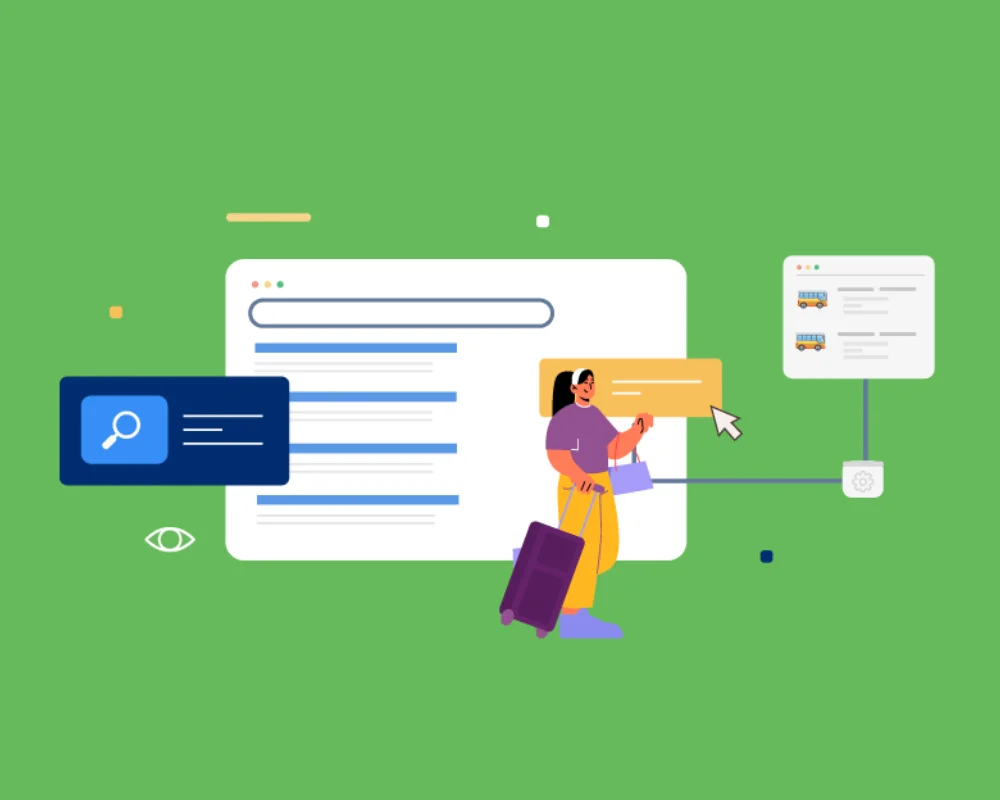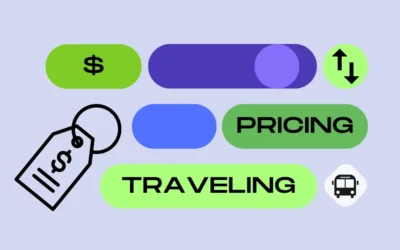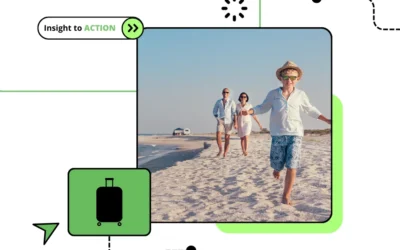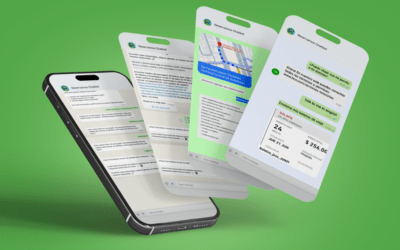We share 5 tips to increase the organic traffic of your bus brand
For the bus sector, visibility in search engines (SEO) has become a priority, especially after the competitiveness in digital channels has increased due to the digitization caused by the pandemic. Therefore, here we share 5 tips to increase the organic traffic of your bus brand.
Make good use of your content
If you have a blog, use it to publish keyword-rich articles about the destinations you have available, services, and any other information relevant to the traveler, as these will help you rank better in search engines. Google’s first principle is “Focus on the user and everything else will follow”; the goal of this tool is to solve the user’s search intent and help perform a specific task. This means that as long as you have your traveler in mind and solve the doubts about what he is looking for with the content of your page, your brand will be well positioned.
Intention is king
Travelers look for some pretty specific things when they want to book a trip. This is the perfect opportunity to optimize your pages through long-tail keywords; These are very specific search phrases that meet the user’s search intent, and while they have low search volume, they have little competition and typically higher conversion rates.
Use Google tools
Make use of the same tools offered by the most used search engine globally, Google. For example, Google’s image tool is one of the most useful ways to drive traffic to your site. This is why the images on your page must have names with keywords and tags that will help search engines identify them. Or there is also Google Trends where you can see the most searched topics and terms around your destinations or services.
Beyond the keywords
Currently, Google has gone beyond pure keywords to a more advanced understanding of articles and pages and has therefore identified certain “entities”. These “are not simply a person, place or thing, but also their characteristics, which are connected by relationships. An entity is any element of the document that is distinct and well-defined.” In simple terms, this means that while you should start with your base keywords, you should also do some research on the topic. Look at the first page of your search results: what are they talking about? You also make content about those same entities and make it better and more relevant.
High-quality link building
Ultimately, you need to consider the entire process for a traveler to complete a purchase on your site, from seeking inspiration and ideas to actual trip planning, booking, and finally experimentation. These four “micro-moments” define four key opportunities for your bus business to be discovered in search engine results. During the inspiration and planning stages, your potential travelers are likely to look outside the site for what they perceive as “unbiased” information, and a link from a trusted site would put you in a good position. A strong digital PR campaign is essential for many reasons, including gaining visibility on high-traffic and relevant sites. The challenge for the industry is to speak to potential customers in a relevant way to each stage of the buying experience, not simply by placing sales messages on the web.
Remember that more than 50% of people search only on mobile, so if your site is not mobile-ready, all this effort will be in vain. All Google algorithm updates point to improving the user experience as their main objective; if you focus on this point, you encourage your travelers to stay longer on your website, and in the end, this will lead to higher conversion.




